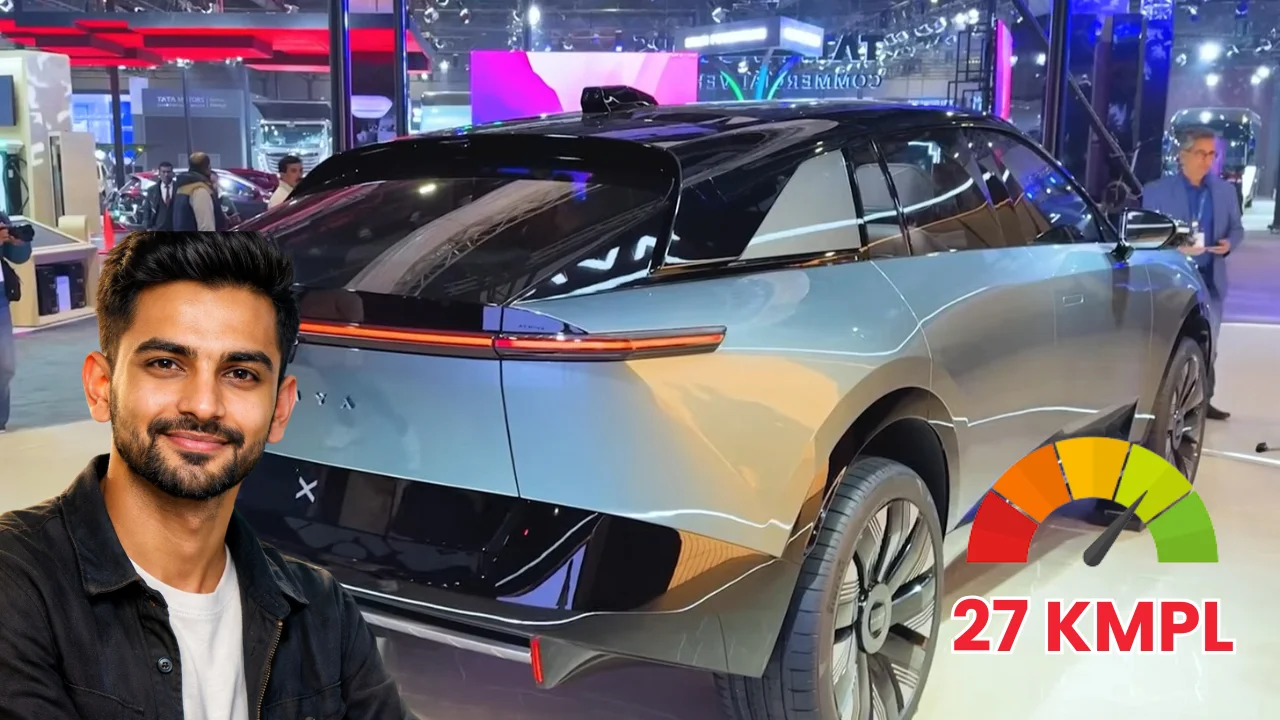Google Pixel 11 : The tech world is buzzing with anticipation as Google prepares to unveil its latest innovation—the Pixel 11 series, powered by the all-new Tensor G6 chip. For tech enthusiasts, smartphone users, and early adopters, this news brings a promise of significant improvements in thermal performance and battery efficiency. But what exactly does this mean for you, the potential buyer or curious observer? In this blog, we’ll explore the details revealed in recent reports, shedding light on how the Pixel 11 could redefine your smartphone experience.
Understanding the Role of Tensor Chips in Google Pixel Phones
Google’s decision to develop its own Tensor chips for the Pixel phones marked a significant shift in the smartphone landscape. These chips are designed not just for standard processing tasks but to offer advanced AI capabilities that integrate seamlessly with Google’s exclusive software features. However, they haven’t been without challenges. Current models have faced criticism for thermal and efficiency issues, especially when compared to chips from Qualcomm. This brings us to the upcoming Tensor G6 chip, expected to address these very concerns.
Tensor G6 Chip for Pixel 11 Series Tackling Heat and Efficiency
According to an Android Authority report, Google is acutely aware of the thermal challenges its Pixel phones face. Documents from Google’s GChips division highlight that thermal issues are the “#1 reason for Pixel returns.” High thermal comfort limits have been pointed out as problematic, affecting user satisfaction and leading to increased returns. The focus for the Tensor G6 chip, therefore, is on thermal management to ensure that devices remain cool, even during extended use, thus enhancing user comfort and satisfaction.

Battery Life—A Common Complaint Among Pixel Users
Another significant area that the Tensor G6 chip aims to improve is battery life. Current Pixel models have received feedback regarding insufficient battery endurance. Users reportedly expect at least “36 hours of battery life,” a target that the new chip is set to achieve. By optimising power usage and enhancing efficiency, the Tensor G6 chip could offer substantial improvements over its predecessors, meeting user expectations and reducing the need for frequent recharges.
Google’s Ambitious Financial Goals for Tensor Chips
One of Google’s strategic moves with the Tensor G6 chip involves cost efficiency. The company aims for a price of $65 (roughly Rs. 5,500) per chip, significantly lower than the estimated $150 (roughly Rs. 12,700) for similar Qualcomm chips. Although the cost of previous Tensor chips remains undisclosed, this pricing strategy suggests a focus on affordability without compromising quality. Such competitive pricing could make Google’s smartphones more accessible to a wider audience, potentially increasing market share.
Immersive Weather Checking on Pixel Phones
Beyond hardware improvements, software enhancements are also on the horizon. Checking the weather on Pixel phones is expected to become a more immersive experience, leveraging the capabilities of the Tensor G6 chip. By integrating more interactive and visually appealing features, Google aims to enhance everyday tasks, making them more engaging for users. This aligns with Google’s overarching goal of seamlessly integrating AI into daily smartphone use, offering users a truly smart experience.
New Financial Targets and Their Implications
Google’s new financial targets for the Tensor chips are not just about reducing costs but also about increasing production efficiency. By refining the manufacturing process and optimising chip design, Google plans to produce Tensor chips more cost-effectively. This could lead to more competitive pricing for future Pixel models, making them appealing to both tech enthusiasts and budget-conscious consumers. The strategy reflects Google’s commitment to delivering high-quality products without inflating prices.
Potential to Set Charging Limits on Pixel Devices
In line with its focus on efficiency and user convenience, Google is reportedly working on a feature that allows users to set charging limits on their Pixel smartphones. This could help extend the overall lifespan of the device’s battery, offering users more control over their charging habits. Such innovations highlight Google’s dedication to providing practical solutions that enhance the user experience and contribute to long-term device sustainability.
Google Pixel 9 Pro versus Pixel 8 Pro
Interestingly, the Pixel 9 Pro is reportedly cheaper to manufacture than the Pixel 8 Pro. This revelation underscores Google’s continued efforts to optimise production processes and reduce costs. By refining the supply chain and improving component efficiency, Google is poised to deliver high-quality devices at more competitive prices. Such advancements could make future Pixel models even more appealing to a broader range of consumers.
The Role of TSMC in Tensor Chip Production
According to reports, future Tensor G5 chips will be produced with Taiwan’s TSMC, a renowned leader in semiconductor manufacturing. While the next generation of Tensor chips may not offer a massive leap in performance, they are expected to bring enhancements in battery life and efficiency. This partnership with TSMC reflects Google’s commitment to leveraging cutting-edge technology and expertise to advance its chip capabilities, setting the stage for future innovations.
Projected Improvements in 2026 with Tensor G6
Looking ahead, the Pixel 11 series, powered by the Tensor G6 chip, is anticipated to make significant strides in 2026. While maintaining a focus on thermal management and efficiency, the new series could introduce additional features that further elevate the user experience. Google’s continuous innovation and attention to user feedback position the Pixel 11 series to be a formidable contender in the smartphone market, offering a blend of performance, efficiency, and affordability.
What Does This Mean for Smartphone Users?
For smartphone users, particularly those who are tech enthusiasts and early adopters, the upcoming Pixel 11 series represents an exciting development. With promises of improved thermal performance, extended battery life, and enhanced features, these devices could redefine the standards for modern smartphones. Google’s focus on value and innovation ensures that users can enjoy cutting-edge technology without breaking the bank.
Conclusion
In conclusion, the Google Pixel 11 series, armed with the Tensor G6 chip, promises a new era of smartphone excellence. By addressing key concerns like thermal performance and battery efficiency, Google is set to enhance user satisfaction and reduce returns. With affordable pricing strategies and innovative features, the Pixel 11 series could be a game-changer in the smartphone industry. For those eager to explore the potential of the Pixel 11, now is the time to stay tuned for its release and experience the future of mobile technology.
























